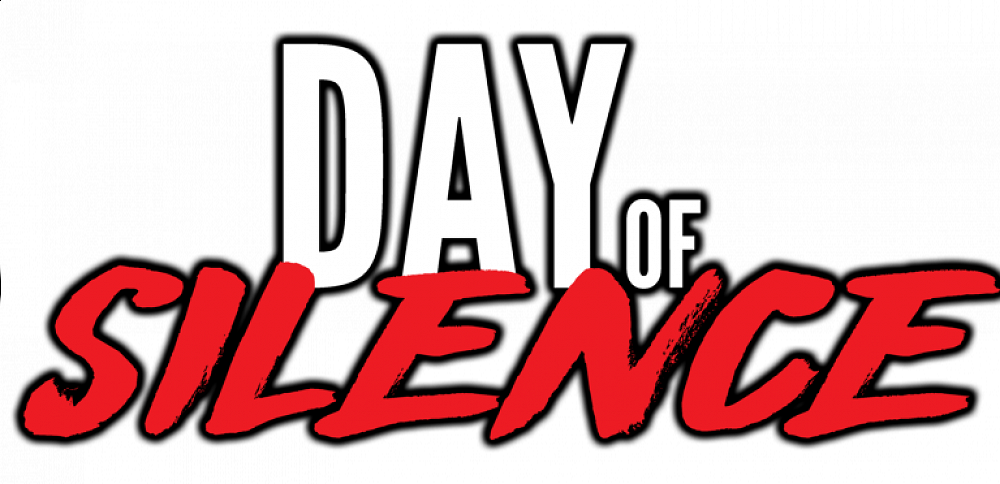
Day of Silence
Stand silent with us in solidarity against homophobic, biphobic and transphobic bullying.
THE DAY OF SILENCE 28 AUGUST 2020
In 1996, students at the University of Virginia organised the first Day of Silence in response to a class assignment on non-violent protests with over 150 students participating in this inaugural event. In 1997, organizers took their effort nationally and nearly 100 colleges and universities participated. In 2001, GLSEN became the official organisational sponsor for the event. In 2007 the Day of Silence took place for the first time in New Zealand at Nayland College in Nelson. InsideOUT ran the Day of Silence as a national campaign for the first time in 2014 and hope to continue running it as an annual day in NZ. This year MAC is taking part!
The National Day of Silence is a day of action in which students across the country vow to take a form of silence to call attention to the silencing effect of homophobic, biphobic and transphobic bullying, name-calling and harassment in schools. The goal of the Day of Silence is to make schools safer for all students, regardless of sexual orientation and gender identity/expression. Students across the country participate in the Day of Silence to bring attention to this problem, let students who experience such bullying know that they are not alone and ask schools to take action to address the problem.
There is no single way to participate, and students are encouraged to take part in the way that is the most positive and uplifting for their school.The Level One Health class will be organising the day and leading the way in supporting our diverse youth. The Day of Silence is a human rights campaign that all students can get involved in!
BULLYING
Homophobic, transphobic and biphobic bullying takes place when someone is targeted because of their actual or perceived sexual orientation or gender identity, or that of someone within their family or friend group. As with all types of bullying, it can involve name-calling, derogatory comments, spreading of rumours, isolation, and even physical or sexual abuse. Phrases like “that’s so gay”, all-too-often dropped into casual conversation, can also be seen as bullying, because many people feel they are slurs against members of the gay, transgender, or bisexual communities.
We believe it is important to recognise that bullying affects all sorts of people differently – for example a transgender young person may face different discrimination to that of someone who is gay – such as not being allowed to wear the uniform for the gender they are – and someone who is bisexual or attracted to people of more than one gender will often face unique discrimination such as being told they are greedy or can’t make up their mind.
HOW TO PARTICIPATE?
- Show your support.
- Tape across the mouth, sticker, bandana/buff, face mask
Be silent. Visibility of your silence (tape/bandana. Whatever you want!)
Print out, cut out, hand out.
Use speaking cards to share with others why your silence is part of a national day of action.
Cell phone message card. These will be distributed via Whanau teachers the week beginning 24th August
Download lock screen
You can participate for 1 lesson, or from 8.30-1.30
Selfies via the photo booth
